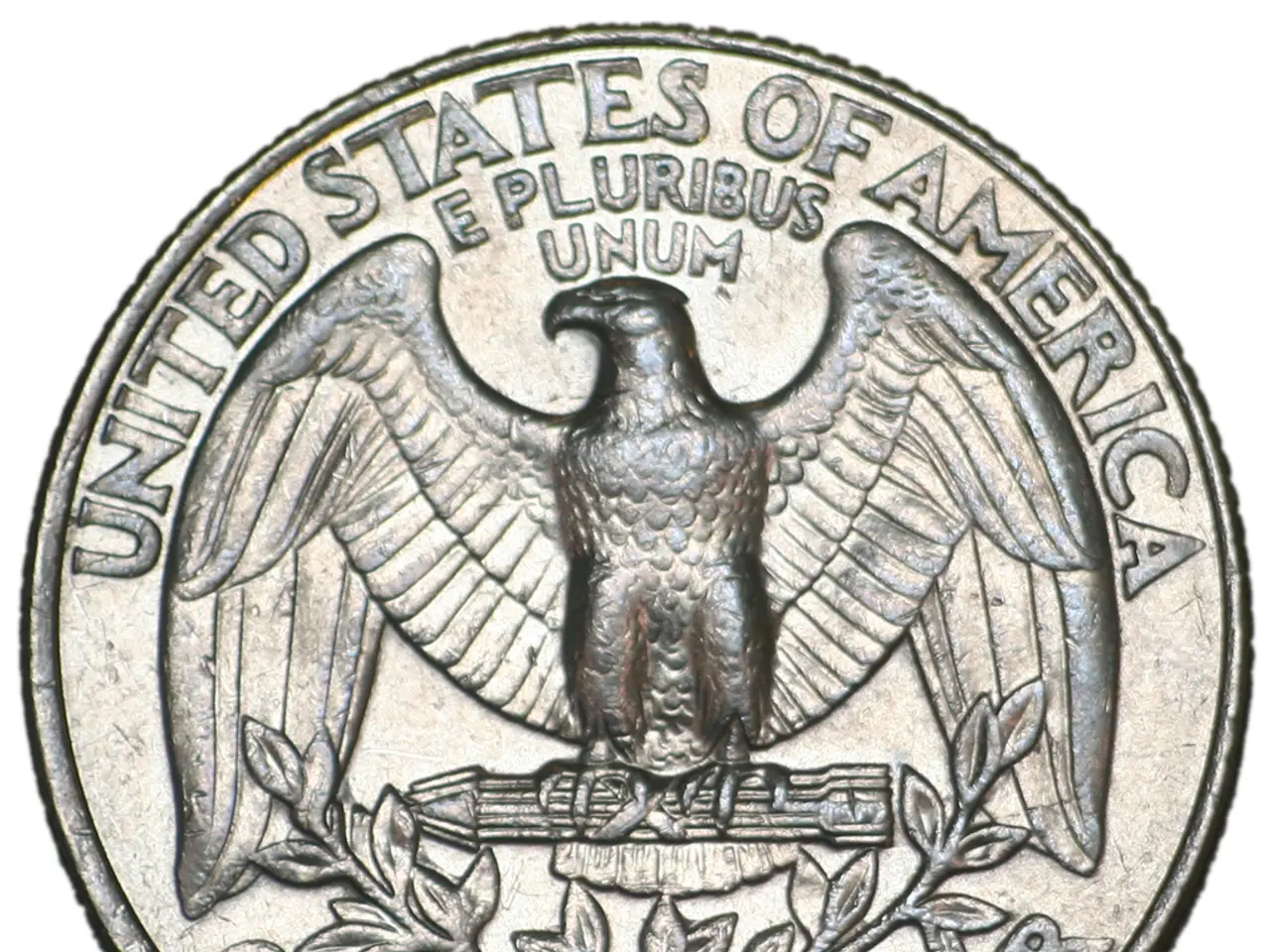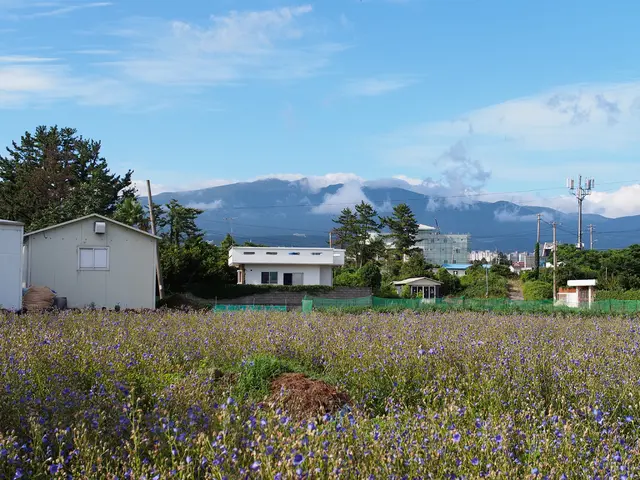Kazakhstan's Central Bank Ponders Establishment of Cryptocurrency Reserves
In the ever-evolving world of cryptocurrencies, several nations are considering the establishment of central bank Bitcoin reserves. This trend, initially pioneered by El Salvador, is gaining traction as more countries explore the potential benefits of integrating Bitcoin into their financial systems.
El Salvador, the first nation to make the move, actively began building its Bitcoin reserve prior to other countries like the Philippines and Bhutan, which are also pursuing Bitcoin reserves. The Central American nation currently holds 6,223 BTC, a significant investment considering its economy. Bhutan, another early adopter, holds more than 12,000 BTC, roughly equivalent to 40% of its GDP.
The United States, under the administration of former President Donald Trump, established a strategic Bitcoin reserve by decree. The reserve consisted of seized coins, with the possibility of purchases if they did not burden taxpayers. Vice President JD Vance has spoken on the topic of a US Bitcoin reserve.
Pakistan is also joining the fray, with plans to launch a Bitcoin reserve. Advice for this initiative comes from the Pakistan Crypto Council CEO, the finance minister, and Michael Saylor, founder of Strategy.
Kazakhstan, the third-largest Bitcoin mining location globally, responsible for approximately 13% of the global hash rate, is open to discussing a legal framework with lawmakers. The chairman of its Central Bank, Timur Suleimenov, is working on a concept for the establishment of a crypto reserve.
Kirgistan has reportedly agreed to establish a Bitcoin and crypto reserve. The Czech Central Bank is currently in the review process regarding the establishment of a Bitcoin reserve, following a proposal by its head.
Meanwhile, in Europe, the Bundesbank of Germany has not publicly responded to former finance minister Christian Lindner's call for engagement with a crypto reserve. Contrastingly, Abu Dhabi's state fund Mubadala Investment has been reported to have bought Bitcoin spot ETFs.
Internationally sourced crypto for a reserve can include seized crypto assets and cryptocurrencies earned by miners, some of which are partially owned by the government.
Nigel Farage, a potential British prime minister, is copying Trump's pro-Bitcoin campaign style, indicating a possible shift in the UK's stance towards cryptocurrencies.
As more nations consider using Bitcoin, following the examples of El Salvador and Bhutan, it's clear that the future of central bank Bitcoin reserves is an exciting and rapidly developing area.
This article is written by Tristan, the editor-in-chief at Blocktrainer.de, with a background in economics and journalism, and a focus on Bitcoin since 2020.








